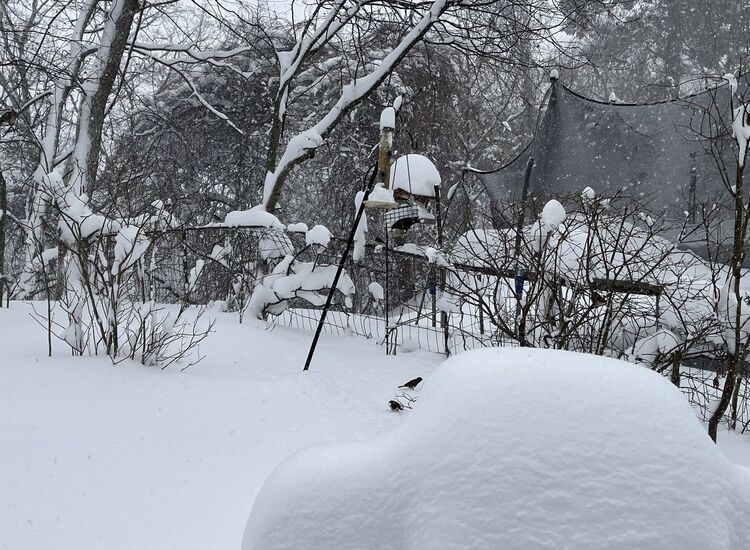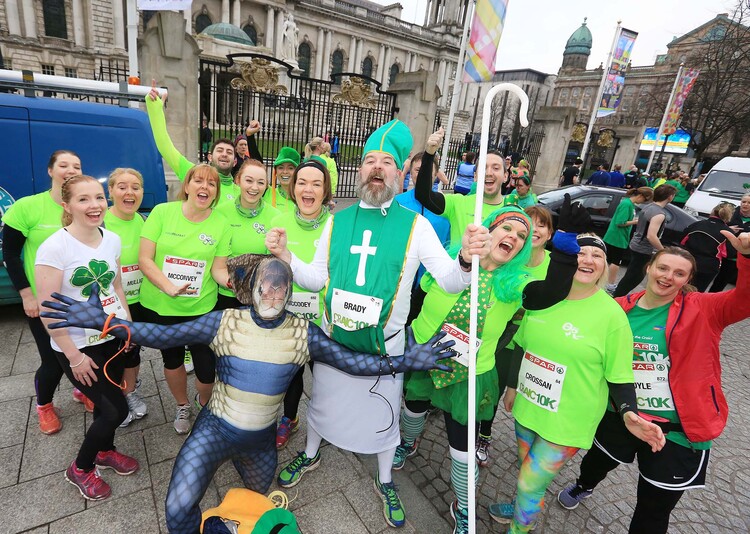Stuart-Neville-[Philip-O'Neill]![Stuart-Neville-[Philip-O'Neill]](https://www.irishecho.com/wp-content/uploads/2013/01/Stuart-Neville-Philip-ONeill.gif)
Page Turner /By Peter McDermott
In the 1963-set novel “Ratlines,” Irish Minister of Justice Charles J. Haughey has a mission for Lieut. Albert Ryan of the Directorate of Intelligence. Three former Nazis who were given asylum in Ireland have turned up dead. On the last of the bodies there’s a note addressed to Col. Otto Skorzeny, Hitler’s favorite commando who now has an estate in County Kildare. It says: “We are coming for you.” President John F. Kennedy is about to make a visit to Ireland on a trip that also takes in Berlin, and Haughey wants it all out of the way before then. “Ryan, a World War II vet, has very mixed feelings about the investigation,” Neville said, “To say the least.”
“Ratlines” is the follow up to the much-praised Belfast Trilogy, comprising “The Ghosts of Belfast,” “Collusion” and “Stolen Souls.”
The Dubliner John Connolly, perhaps the best known of the Irish Noir novelists, has said: “‘The Ghosts of Belfast’ isn’t just an extraordinary debut novel, it’s an extraordinary novel.” Indeed, it won the 2009 L.A. Times Book Prize in the mystery/thriller category, as well as the Spinetingler Award for Best First Novel, and was a New York Times Notable Book in 2009.
Joseph Long, a graduate of NYU’s Master program in Irish and Irish-American studies, has been fan of Neville’s work from the beginning. He described “Ghosts” as “stunning, the proverbial page turner.”
He added: “This guy is a special talent. In his short career, he has taken chances and makes those of us who love Irish crime fiction relish in knowing he is force to reckon with.
“Stuart brings a voice from the North and augments Connolly's writing from the South. They are the anchors that, I believe, will finally give Irish crime fiction the recognition that it deserves,” said Long, who helped organize the “Down These Green Streets” seminar at Glucksman Ireland House in the fall of 2011.
“With ‘Ratlines,’ Neville continues on his path of investigating aspects of Irish history under the veil of crime fiction. In turn, he makes his readers want more,” Long said. “Look at the amount of work that has been published in the last six months. Without doubt, Stuart's success has influenced other writers as John has before him.”
Stuart Neville
Date of birth: Jan. 25, 1972
Place of birth: Armagh
Spouse: Johanne
Children: One daughter, Issy
Residence: Armagh
What is your writing routine? Are there ideal conditions?
I try to stick to a normal working day, but it isn’t always easy. Most of “Ratlines” was written in the study room of my local library after my daughter was born; it was the only place I could get the necessary peace and quiet.
What advice do you have for aspiring writers?
A common mistake is to invest everything in the first novel you write without moving on. As soon as you’ve finished writing one novel, rewritten it several times, and made sure it’s as good as it can be, start writing another. Too many people keep flogging that one book without exploring other stories. In reality, many, if not most, published authors write several books before they come up with something that can sell. My debut was actually the third novel I’d written; the previous two will never see the light of day.
Name three books that are memorable in terms of your reading pleasure.
“American Tabloid” by James Ellroy for its complexity, and its blend of historical fact and fiction. “Marathon Man” by William Goldman because it’s just about the perfect thriller. “Red Dragon” by Thomas Harris because it’s the best serial killer novel ever written. That list could change on any given day.
What book are you currently reading?
My UK publisher just reissued all of Fleming’s James Bond novels, and they very kindly sent me a bunch of them. I’m reading “Live and Let Die” right now, and I’m enjoying it despite the horrendous racism and misogyny. It’s very much a book of its time.
Is there a book you wish you had written?
I wish I had the talent to write something as layered and huge in scope as “Bonfire of the Vanities” by Tom Wolfe. He weaves so many threads over so many pages, it’s dizzying.
Name a book you were pleasantly surprised by.
“JFK in Ireland” by Ryan Tubridy. I bought it initially for research purposes, but found it a very enjoyable and accessible glimpse into Ireland of the early 60s.
If you could meet one author, living or dead, who would it be?
I’ve been very lucky to meet so many of the authors I admire, like James Ellroy and John Connolly. I’d like to meet William Goldman; I admire him both as a novelist and as a screenwriter.
What book changed your life?
“On Writing” by Stephen King gave me a lot of help when I was starting out as a writer, in terms of how to approach it as a craft. I can’t recommend that book enough to aspiring writers.
What is your favorite spot in Ireland?
I’ve always been fond of the north coast of Antrim. It features a lot in “Game of Thrones.” The family of a childhood friend of mine had a cottage in the little fishing village of Cushendun that overlooked the bay, and we used to go there for weekends. You can see Scotland from the window on a clear day.
You're Irish if . . .
You like cheese’n’onion crisps with your beer.








